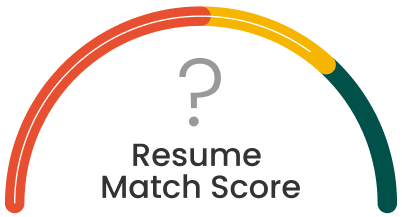About the position
The Certified Welding Inspector (CWI) plays a crucial role in ensuring that welding work meets the required specifications for quality and safety. This position involves performing tests on welds to assess their ability to withstand stress and ensuring that all welds are safe for public use. The CWI is responsible for interpreting codes, standards, and specifications to ensure compliance throughout the welding process. This includes verifying that approved welding procedures are in place and being followed during production. The inspector will also witness welder and procedure approval tests, ensuring that all necessary preparations and destructive tests are conducted in accordance with the relevant standards. In addition to overseeing the welding procedures, the CWI is tasked with verifying the qualifications of welders, ensuring that only those with valid approvals are utilized in production. The inspector must also confirm that the parent material used in welding matches the documentation and markings provided. Furthermore, the CWI is responsible for verifying the identity and correctness of welding consumables, including electrodes, filler wires, and gases. Continuous in-process inspection and surveillance during welding operations are essential to ensure compliance with specified procedures, including pre-weld and post-weld requirements. The CWI will assist in the preparation of Inspection and Test Plans (ITPs) and utilize non-destructive testing (NDT) methods such as liquid penetrant, magnetic particle, radiography, or ultrasonic inspection as required by contractual obligations. The inspector will evaluate and prepare inspection reports for both the employer and the client, maintaining thorough records of all inspections conducted. This position requires a commitment to health, safety, environmental, and quality (HSEQ) obligations, including conducting risk assessments and adhering to company policies to ensure a safe working environment.
Responsibilities
- Interpret codes, standards, and specifications to ensure compliance.
- Ensure that approved welding procedures are available and employed in production.
- Witness the preparation of test plates and destructive tests for compliance verification.
- Verify that adequate and valid welder approvals are available and used in production.
- Confirm parent material against documentation and markings.
- Verify the correctness of welding consumables such as electrodes and gases.
- Conduct in-process welding inspection and surveillance to ensure compliance with specified procedures.
- Assist in the preparation of Inspection and Test Plans (ITPs).
- Utilize non-destructive testing (NDT) methods as applicable.
- Evaluate and prepare inspection reports for the employer or client.
- Maintain records of inspections carried out.
Requirements
- Minimum 5 years' experience as a welder.
- Associate's degree in welding technology or related field, or equivalent experience.
- Certified Welding Inspector (CWI) Certification.
- ACCP Level 2 certification preferred.
- Ability to read and interpret technical drawings.
- Experience in inspection processes and procedures for continual improvement.
- Strong commitment to safety and hazard identification.
Nice-to-haves
- Experience with various NDT methods such as liquid penetrant and ultrasonic inspection.
- Familiarity with quality control and assurance systems.
Benefits
- Competitive hourly wage of $45 - $50.
- Opportunities for professional development and training.

